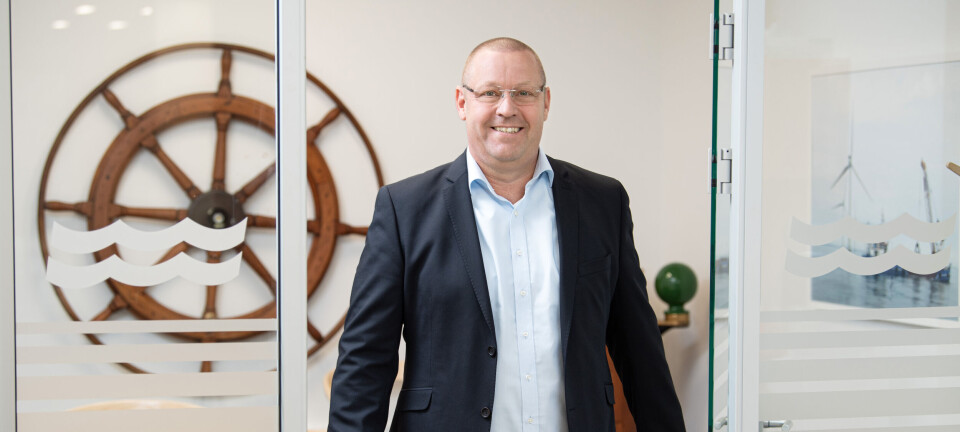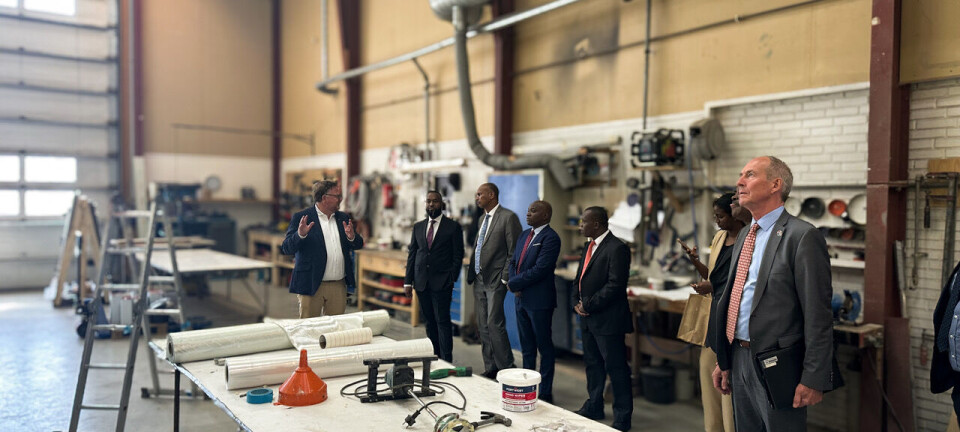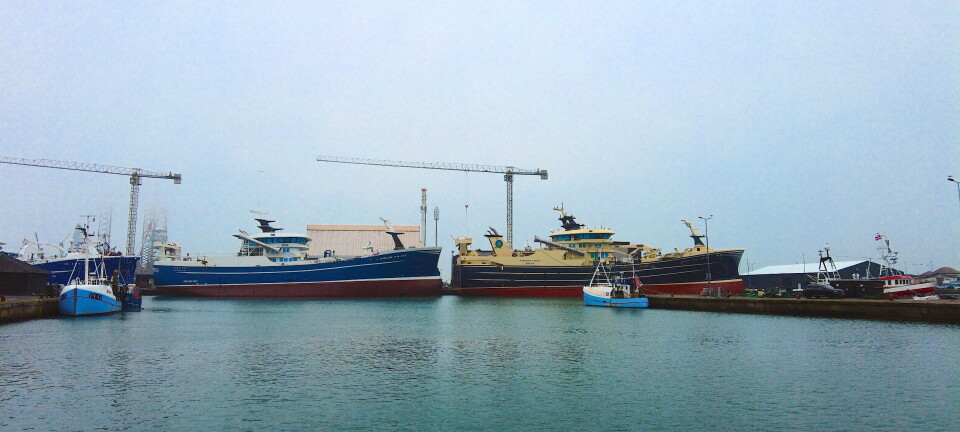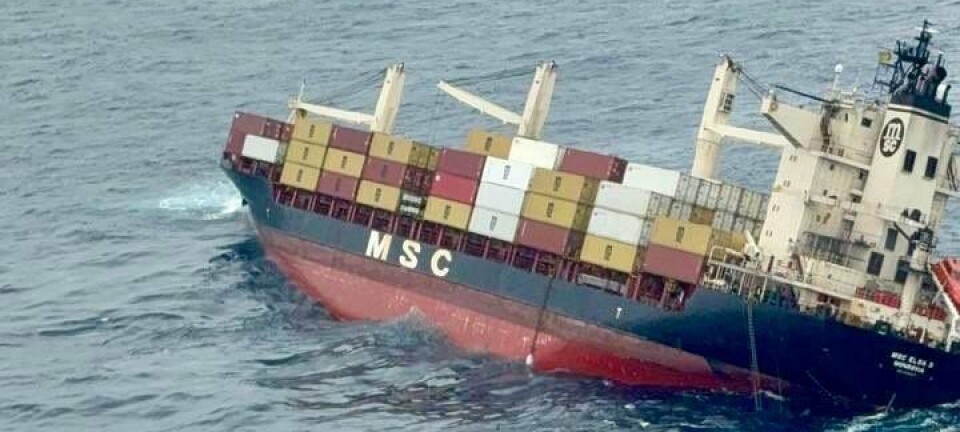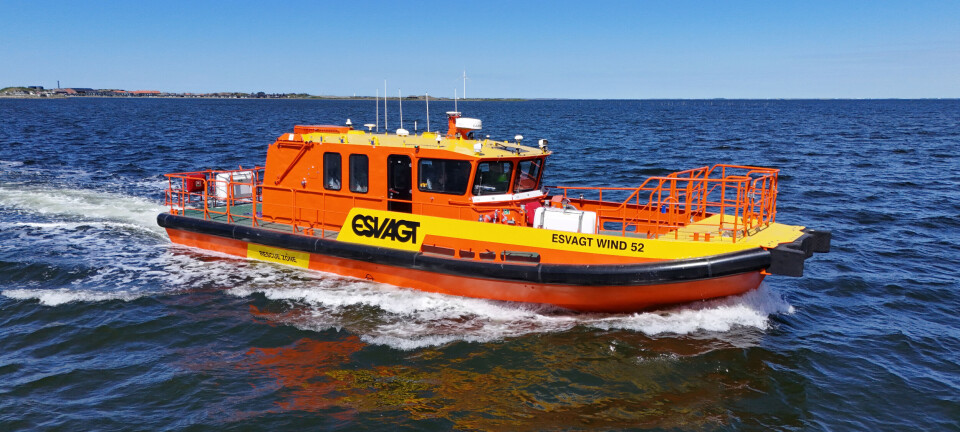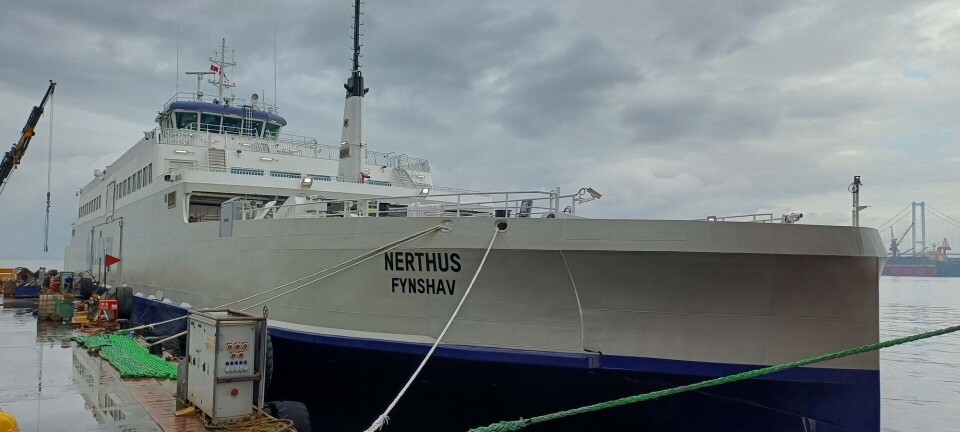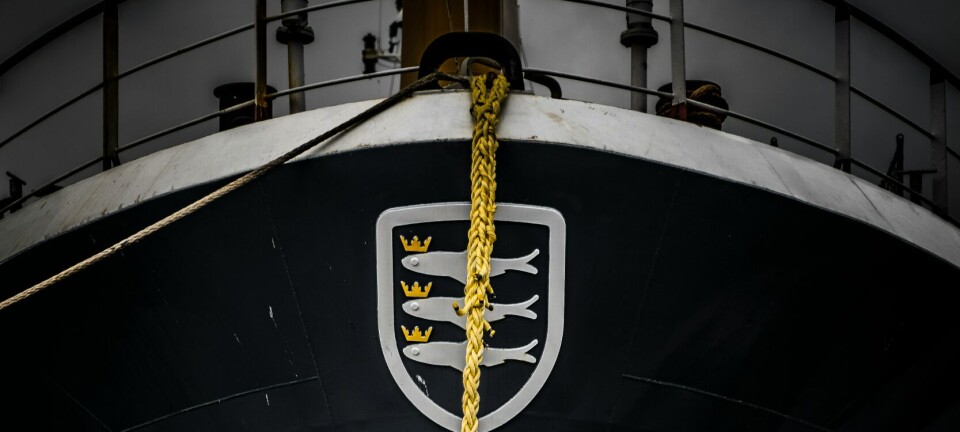US shipbreaking firm wins European Union certification
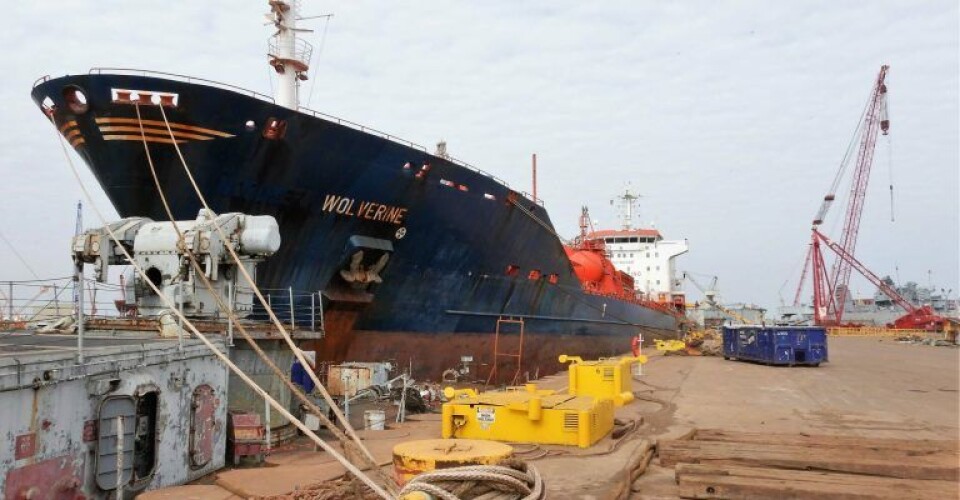
A US subsidiary of EMR Metal Recycling, based in the United Kingdom, announced that it recently gained accreditation under the European Union Ship Recycling Regulation.
By Michael McGrady, Maritime Direct Americas & Pacific Correspondent
BROWNSVILLE — International Shipbreaking Ltd., a part of EMR Metal Recycling, recently announced that the European Union (EU) has officially accredited its site in Brownsville, Tex., to meet the standards of the union’s Ship Recycling Regulation (EU SRR).
After an investment of roughly $30 million, the site is the first shipbreaking site in the US to achieve such a stringent regulatory accreditation. The facility, located at a deepwater port along the Texas-Mexico Borderplex, the new certification could be a boost for business from EU shipowners flying flags from member states on their vessels.
Per the EU SRR standards, the International Shipbreaking facility can now recycle ships on hard surfaces to reduce or avoid the spill of pollutants such as manufacturing chemicals and paints into local soil and water.
“We have just received and safely moored our first EU ship recycling project, the MT Wolverine,” said Chris Green, the senior manager at International Shipbreaking, in a statement published by the Port of Brownsville on their website. “There is a big future in this industry and, over the past year, we have seen three times the number of inquiries from EU ship owners.”
Green added that International has been “safely recycling ships and marine structures since 1995.” He also touts the company’s “excellent compliance record” with environmental and waste regulators.
“We have a corporate culture of safety compliance, and our very experienced staff completes due diligence, including safety and environmental assessments, before we even make a bid for a project,” Green said. “This allows our team to accurately estimate the cost of hazardous material removal/disposal and the revenue we will receive for the recycled metals.”
“These ships contain extensive hazardous materials that require containment and removal. To think this operation could be conducted any other way is reckless and irresponsible. We hang our hat on compliance and providing our customers with a recycling service that they can be proud of.”
For reference, the European Commission says that the EU SRR rule is “the only dedicated legally binding framework regulating ship recycling.”
EU SRR restricts or prohibits the installation and use of hazardous materials on ships, such as asbestos and other substances that threaten climate change and ozone depletion.

